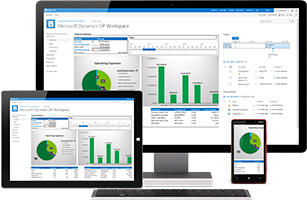With the recent release of Microsoft Dynamics CRM 2013 and Microsoft Dynamics CRM Online, Microsoft has introduced a new multi-tiered licensing model. The new model increases the licensing flexibility available to on-premises users and offers the same level of flexibility to online users. You can purchase different licenses for different roles to accommodate the specific needs of your organization, lowering the cost of your CRM solution.
Now users can purchase licenses based on the functionality that users require rather than on how users access the system, and the licensing model is now consistent, applying equally to on-premises and online solutions built on Microsoft Dynamics CRM. Regardless of license type, users can access Microsoft Dynamics CRM via mobile applications as well as by desktop applications.
Three types of licenses are available for Microsoft Dynamics CRM 2013 and for Microsoft Dynamics CRM Online:
- Essential
- Basic
- Professional
The Essential license enables building applications that do not use CRM features such as Sales, Service, and Marketing. It includes access to the CRM system, SDK, Activities, and user-created entities such as web resources, custom entities, and custom plug-ins.
The Basic license enables access to “basic” functionality for Accounts, Contacts, Cases, and Leads, as well as the same access granted to users with an Essential license. This license may be all that is required for some roles, such as certain customer service representatives or sales people.
The Professional license enables full access to all functionality in Microsoft Dynamics CRM 2013 and Microsoft Dynamics CRM Online.
Administrative and non-interactive licenses remain the same.







